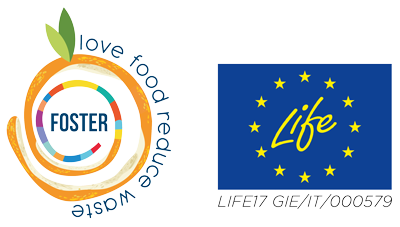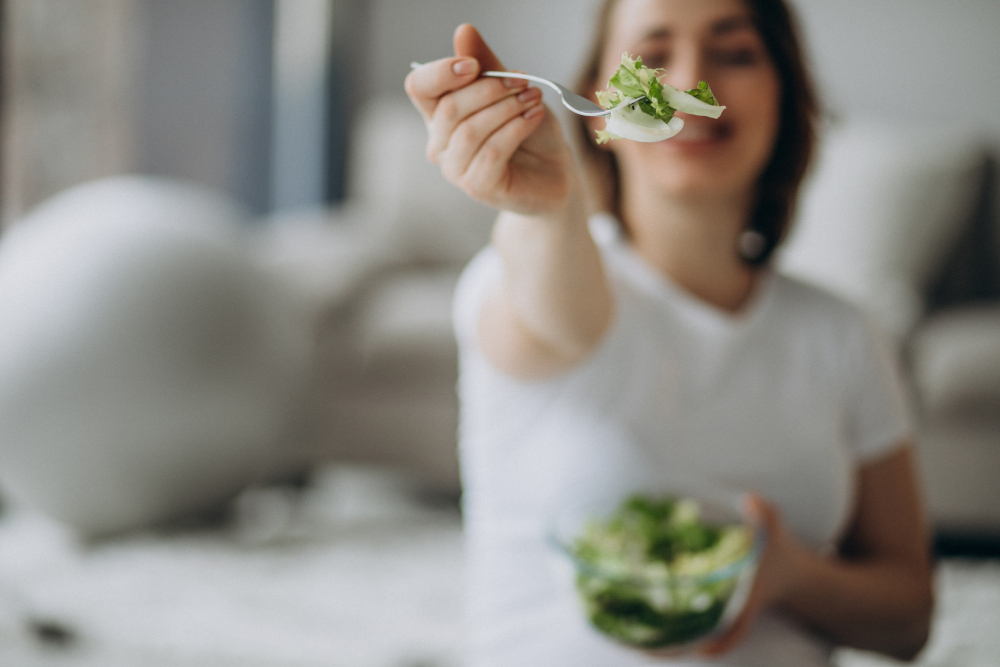“Eating is an agricultural act.” – a powerful Wendell Berry quote that changed the entire approach to food as we know it. Behind that statement lies an empowering revelation to anyone willing to open their eyes and question the quality and the origins of the food they buy and consume.
Disconnection to the food we eat
We live in a mass consumerism age where a significant majority of people do not know or care about what kind of food they put into their bodies. The minority of people don’t really know where it even comes from.[1] Instead of doing the necessary research into what they eat, they blindly obey and follow the well-marketed pathways towards packaged food options. They are not aware of the connection between the farm that produced the food they eat and the sole eating act of that food. For them, it is one thing to eat the plastic-wrapped tortilla with a who-knows-what type of meat and a salad that never saw sunlight, and completely another thing the cultivation and growing of the food. Simply put, there is no sense of interconnectedness between eating and agriculture.
In a money-oriented lifestyle, this is quite logical. Since neverending obligations and running after careers overtook the modern man’s perception, even the slightest effort to prepare the food means losing precious time, or more accurately, losing even more precious money. It is a very simple equation – pre-prepared food gives more time to live a life filled with deadlines and endless chores that take up the entire day. And the loop continues – week after week, month after month, year after year.
The result is that so many people have their bodies poisoned, with no vital energy, facing many diseases, and struggling to stay healthy, simply because they had no time to look into more nutritious options. Indeed, many other factors influence such conditions, but that is a topic for another article.
The big food chains used this gap in humans’ conscious decision-making process and, thus, used every method possible to keep the consumer asleep. Colors, flavors, E numbers, added sugar, salt, and oil are the main ingredients of a “mass production kitchen”. Something your grandma would never use in her cooking.
Besides, unhealthy human bodies are not the only proof of unsustainable lifestyles – our planet is equally in bad condition: overused and chemically treated soil, mass-production farming, pollution and critically full landfills. Whether we feel it or not, we are deeply interconnected with our entire planet and the choice to become aware of this fact is only on us.
“Eaters, that is, must understand that eating takes place inescapably in the world, that it is inescapably an agricultural act, and how we eat determines, to a considerable extent, how the world is used.”[2]
Eating is voting
Imagine if you suddenly woke up after this dream and asked yourself:
Where does my food come from, really? Is my food full of chemicals, or do I know what it is made of? How far has it traveled from the farm to my plate?
The ones ready to see the truth behind the already prepared packaged food from a big supermarket are the ones who will finally start breaking the spell of mass food consumerism. They are the ones who will begin to change the dialog about food that has been well-marketed through media and supported by modern, fast-paced lifestyles.
This shift is already happening through conscious decisions about food. Different, more sustainable choices are slowly introducing the new paradigm that encompasses producing our food, supporting the local producers, educating ourselves, cooking our food and knowing exactly what we put into our meals. This way, not only are we changing our approach to creating a sustainable, nurturing and healthy reality for our planet and ourselves, but we are also actively participating in the political system. ([3])
How is that? – you might be wondering.
Saying that eating is an agricultural act means that by choosing what we eat, we have enough influence to dictate what food will be produced. We influence the supply and demand trends on the market. To put in the words of one of the most prominent food activists, Michael Pollan – the money we pay for food is a silent power tool that lies within our hands and a direct vote for or against the mass food industry – several times a day. ([4])
Undoubtedly, many people will recognize a slice of truth for themselves in such a consequential revelation – we are all influencing the food system.
Coming back to nature, back to ourselves
As a gardener, Wendell Berry highlighted the importance of spending time in nature, growing and cooking our own food, buying from local farmers and educating ourselves to make healthier choices. Ultimately, it all comes to these simple, natural things.
Growing our own food has numerous benefits, including getting more vitamin D through sunshine, eating more nutritious food, spending less money on groceries and supporting the wellbeing of our planet. It is also one of the most fulfilling activities since you can participate in the entire process from seed to fruit or vegetable and get familiarized with the seasonal cycles of nature. This way, you start valuing your food more, and the whole process becomes that much exciting.
No matter if you decide to grow your own food or not, you will probably want to connect to local farmers for the produces that you don’t have. It is always good to have a good network of organic, local and researched producers you trust.
Eating primarily healthy means eating more plants and fruits which are in season. As Pollan said: “Eat food. Not too much. Mostly plants.” (Michael Pollan, In Defense of Food: An Eater’s Manifesto). This way of eating indeed requires some effort to make sure you eat the rainbow of plant-based food. Yet, the effort is repaid in many ways in the long run.
On top of that, following the seasons of the food and eating accordingly gives you the most abundant flavors that no artificial food flavor or chemical could ever provide.
Conclusion
The intention behind Berry’s words was to wake up the sleepers, encourage the already awakened, and provide a more concise perspective on the overall agriculture-food connection that inevitably influences our lives, whether we see it or not. And last, but certainly not least – to remind about the importance of interconnectedness with the natural cycles of which we are all apart of by learning to be the producer of our own food that will nourish us as well as our planet.
[1] https://www.ecoliteracy.org/article/wendell-berry-pleasures-eating, 7 January 2022
[2] quote: https://www.ecoliteracy.org/article/wendell-berry-pleasures-eating, 7 January 2022
[3] https://heated.medium.com/the-wendell-berry-quote-that-frames-michael-pollans-environmental-writing-8695d70d7f1c, 7 January 2022
[4] https://www.theatlantic.com/entertainment/archive/2013/04/the-wendell-berry-sentence-that-inspired-michael-pollans-food-obsession/275209/, 7 January 2022


